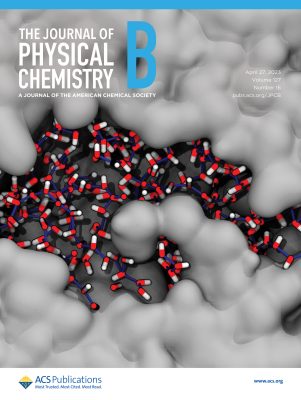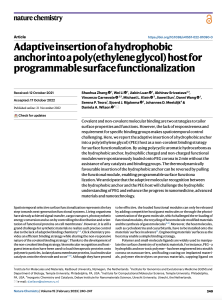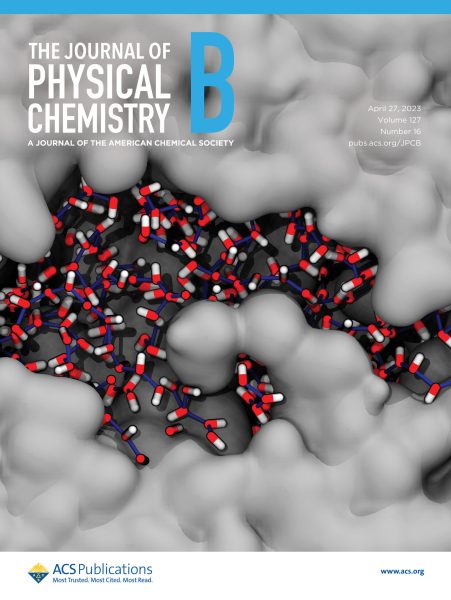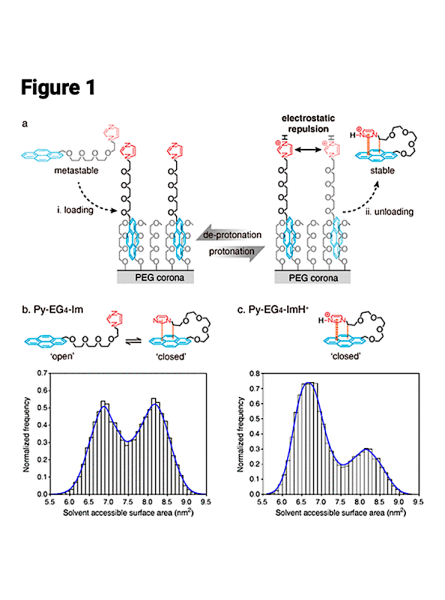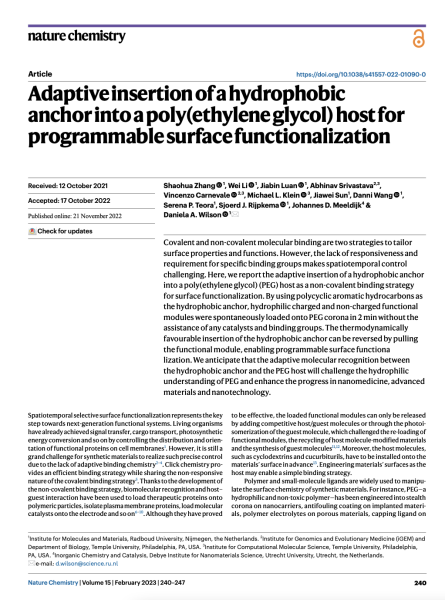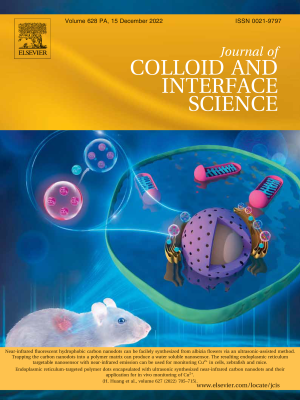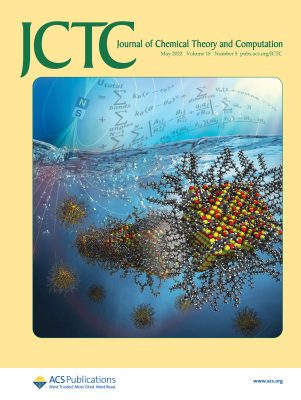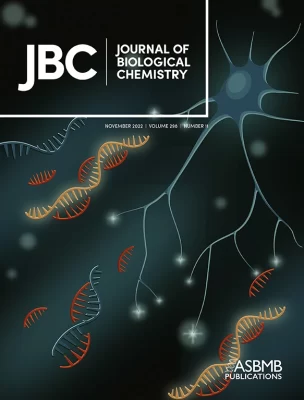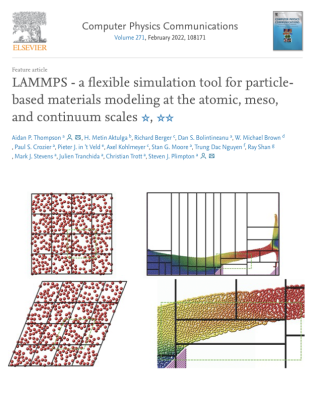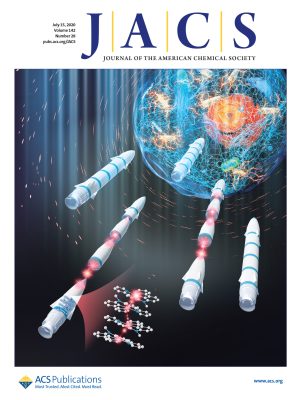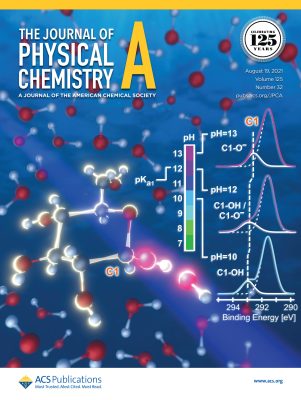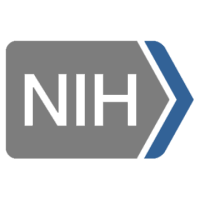

INSTITUTE FOR COMPUTATIONAL MOLECULAR SCIENCE
& HIGH-PERFORMANCE COMPUTING
High-Performance Computing: Discovery, Innovation and Education
The Institute for Computational Molecular Science [ICMS] plays a central role in High-Performance Computing [HPC] for research across the University. The HPC team in ICMS provides expertise on HPC hardware, applications and training, while ICMS researchers are experienced in making extensive use of HPC resources (local and at national supercomputing centers) for world class research.
HPC systems operated by ICMS range from CPU and GPU/CPU clusters with high-speed interconnect and thousands of CPU cores to standalone large-scale multiprocessor workstations, and are funded by several agencies, including the National Science Foundation, the Department of Energy, the National Institutes of Health, the Army Research Laboratory, and the Commonwealth of Pennsylvania. These machines are hosted either in Temple’s Joint Data Center or the Science Education and Research Center [SERC] in collaboration with Temple’s Computer Services, which provide the supporting infrastructure [security, power, networking, cooling].
The experts in ICMS also assist Temple faculty with research projects requiring HPC through identifying the most suitable application software and HPC resources to use, optimizing data management or workflows for enhanced throughput and performance. They consult or assist with software improvements or implement custom tools for executing complex tasks on the local HPC cluster.
Research applications enabled by ICMS-operated hardware cover a large variety of topics: bio-molecular modeling and drug discovery, computational materials design, computational and quantum chemistry, applied mathematics, high-energy and particle physics, statistics and data analytics, bioinformatics, genomics, geoinformatics, functional magnetic resonance imaging and more.
ICMS was created in 2009 to serve the Temple community of researchers interested in HPC applications. Initial funding to build the shared central HPC resource, Owl’s Nest, was provided by Temple and an NSF-MRI grant. Importantly, the ICMS hosts annual workshops for training in HPC applications, which draws attendees from the tri-state region and beyond. Recent [2016] new investments, including another NSF-MRI grant will significantly improve the ICMS computational facilities, especially in the area of data analytics, genomics, statistics and related data driven applications.
Currently Linux clusters deployed and operated by ICMS support the HPC enabled research of over 250 faculty, postdocs and students. Another about 200 users from across the entire university are supported by the large HPC workstation operated by the ICMS HPC team and computer services.
In addition to supporting individual faculty and collaborative research, ICMS operated HPC resources and expertise benefit many of Temple’s centers and institutes.
AFFILIATES
Check out some of our affiliate websites to fully explore all of the work we do.
The experts in ICMS also assist Temple faculty with research projects requiring HPC through identifying the most suitable application software and HPC resources to use, optimizing data management or workflows for enhanced throughput and performance. They consult or assist with software improvements or implement custom tools for executing complex tasks on the local HPC cluster.

Michael L. Klein
Laura H. Carnell Professor of Science / ICMS Director / TMI Director / Former CST Dean

George Petersson
Distinguished Adjunct Professor of Chemistry

Vincenzo Carnevale
Associate Professor

Michele Young
Executive Assistant

Simona Percec
Research Professor

Axel Kohlmeyer
Associate Dean

Jeff Tolliver
Director of Finance & Research

Mark DelloStritto
Research Assistant Professor

Manal A Nael
Researcher Assistant Professor

Khaled M. Elokely
Associate Professor of Research

Lamont Speller
Graphic Designer

Ahmed M. Abdelwaly
Postdoctoral Research Associate

Steve Plimpton
Adjunct Research Professor

Pradeep Bhetwal
Post Doctoral Fellow

Ahmed H. Ibrahim
Post Doctoral Fellow


